Decree 116/2020/ND-CP of the Government regulating the policy of supporting tuition fees and living expenses for pedagogical students is applied from the enrollment period of the 2021-2022 school year.
According to the representative of the Ministry of Education and Training, after 3 years of implementing the Decree, some results have been achieved such as: The number of candidates interested in teacher training majors has increased; The rate of candidates registering for admission, admission scores and the rate of candidates enrolling in teacher training majors have increased sharply in correlation with other majors and training fields.
The Ministry of Education and Training believes that this proves that the policies of Decree 116 have had a positive impact on attracting students with good learning abilities to teacher training, which is a premise for improving the quality of the education system.
However, the Ministry of Education and Training said that the implementation process has also encountered some problems that need to be revised and supplemented to be more suitable to reality.
According to statistics from the Ministry of Education and Training, after 3 years of implementation, the rate of pedagogical students assigned tasks by localities only accounts for 17.4% of enrolled students and 24.3% of students registered to enjoy the policy.
The number of localities that carry out the assignment, ordering, and bidding is 23/63 provinces and cities. Thus, it means that the number of students who are "trained according to social needs" (ie not subject to assignment, ordering) and are funded by the state budget accounts for 75.7% of the students who register to enjoy the policy and accounts for 82.6% of the students enrolled.
Therefore, the Ministry of Education and Training recognizes that the method of ordering/assigning tasks/bidding for teacher training has not been effectively implemented as the main viewpoint of Decree 116.
According to statistics, there are 6 teacher training institutions that have been ordered by local and neighboring localities but have not paid the funding, or have only paid a very small portion of the funding, affecting the support policy for pedagogical students and causing inequality among pedagogical students.
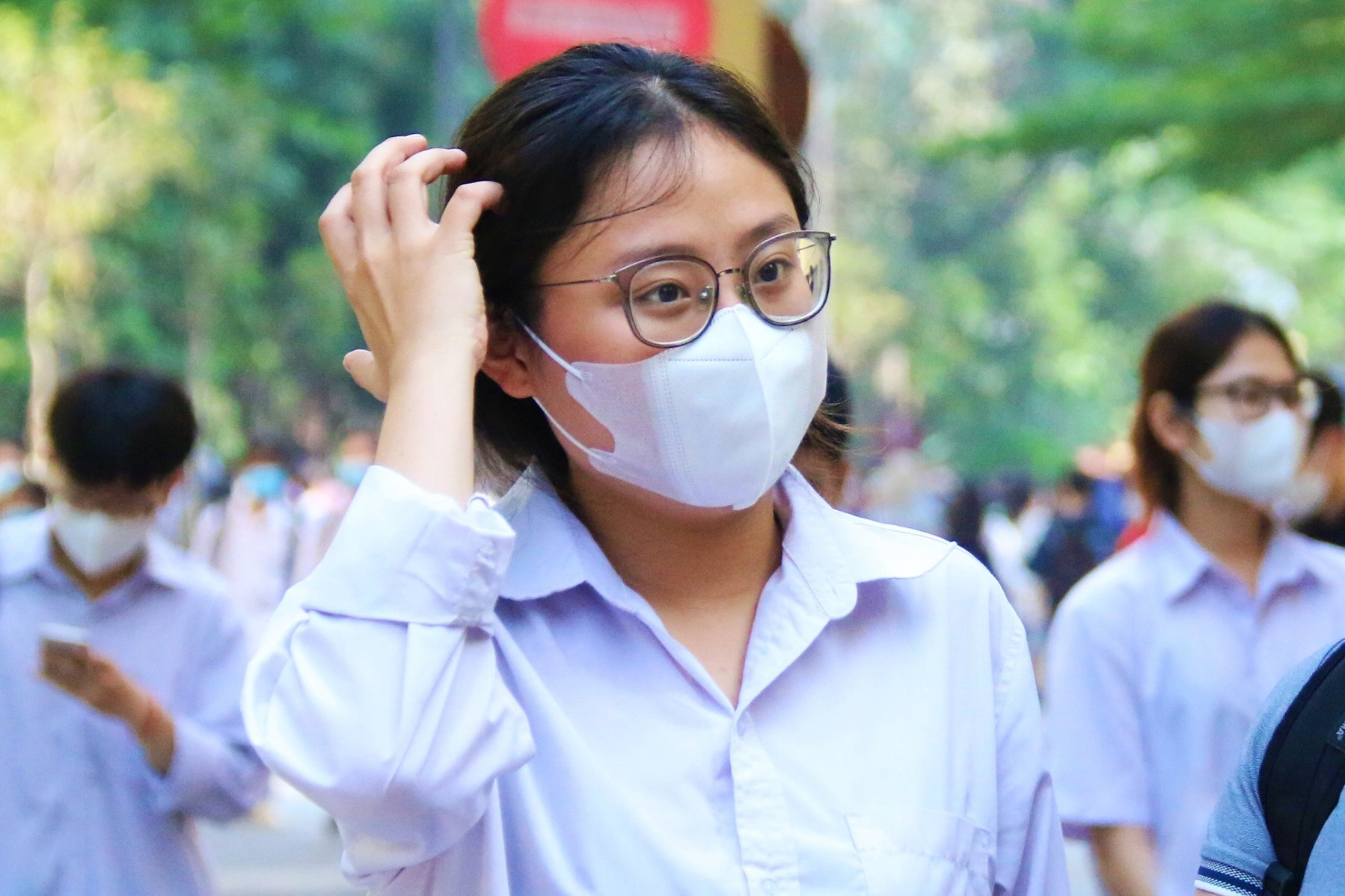
Even at the most important schools such as Hanoi National University of Education, only 13 quotas have been ordered. Ho Chi Minh City National University of Education is a little better, but only 51 quotas have been ordered.
Another problem is that large localities (Hanoi, Ho Chi Minh City, Da Nang, etc.) have advantages in attracting high-quality human resources, so even though they do not place orders/assign tasks/bid for teacher training, there are still groups of people applying to work there. This invisibly causes unfairness among localities.
Many localities are facing difficulties and do not have enough funds to order teacher training.
The allocation of funding to support teacher training students according to the Ministry of Education and Training also faces many difficulties. Specifically, every year (2021, 2022, 2023), the Ministry of Finance only allocates about 54% of the budget needed for teacher training students of teacher training institutions under the Ministry of Education and Training. Therefore, funding for teacher training students is often delayed and must be supplemented compared to the training plan, leading to difficulties for teacher training institutions and teacher training students.
In addition, due to uneven development, resource conditions, and budget revenue and expenditure balance between localities, many localities have difficulty in having enough funds to order/assign tasks/bid for teacher training.
The Ministry of Education and Training also acknowledged the shortcomings in monitoring and recovering funds in case of reimbursement. According to the Ministry of Education and Training, Decree 116 assigns the provincial People's Committee to be the agency to monitor and urge pedagogical students to reimburse support funds, but localities are not the units that provide funds for pedagogical students who are training according to social needs. At the same time, localities do not direct relevant agencies to deploy and guide implementation, causing difficulties for implementation.
To address these shortcomings, the Ministry of Education and Training also identified one of the specific tasks and solutions in the 2024-2025 school year as the institutions with teacher training majors need to proactively work with the People's Committees of provinces and cities and propose to the direct management agency on assigning training tasks and registering enrollment targets according to the instructions of the Ministry of Education and Training to effectively implement Decree 116.
Decree 116/ND-CP stipulates:
For pedagogical students trained by assignment, ordering or bidding: Based on the local teacher training needs and the support levels prescribed in Decree 116, the agency assigning the assignment, ordering or bidding shall annually prepare a budget for teacher training and report to the competent authority for approval of the budget to pay for tuition and living expenses for pedagogical students through teacher training institutions.
The agency assigning tasks, placing orders or bidding directly pays the teacher training institution funds to support tuition fees and living expenses of pedagogical students according to the State mechanism of assigning tasks, placing orders or bidding for pedagogical students who are the subjects of assignment, ordering or bidding.
Teacher training institutions are responsible for paying living allowances to teacher training students through the students' bank deposit accounts.
* Subjects required to reimburse tuition and living expenses include:
- Pedagogical students who have enjoyed the policy of not working in the education sector after 2 years from the date of graduation recognition decision.
- Pedagogical students who have enjoyed policies and worked in the education sector but do not have enough working time according to regulations (Within 2 years from the date of graduation recognition decision, pedagogical students work in the education sector and have a minimum working time twice the training time from the date of recruitment).
- Pedagogical students who are entitled to policies during their training period but transfer to another training major, voluntarily drop out of school, do not complete the training program or are disciplined and forced to drop out of school.
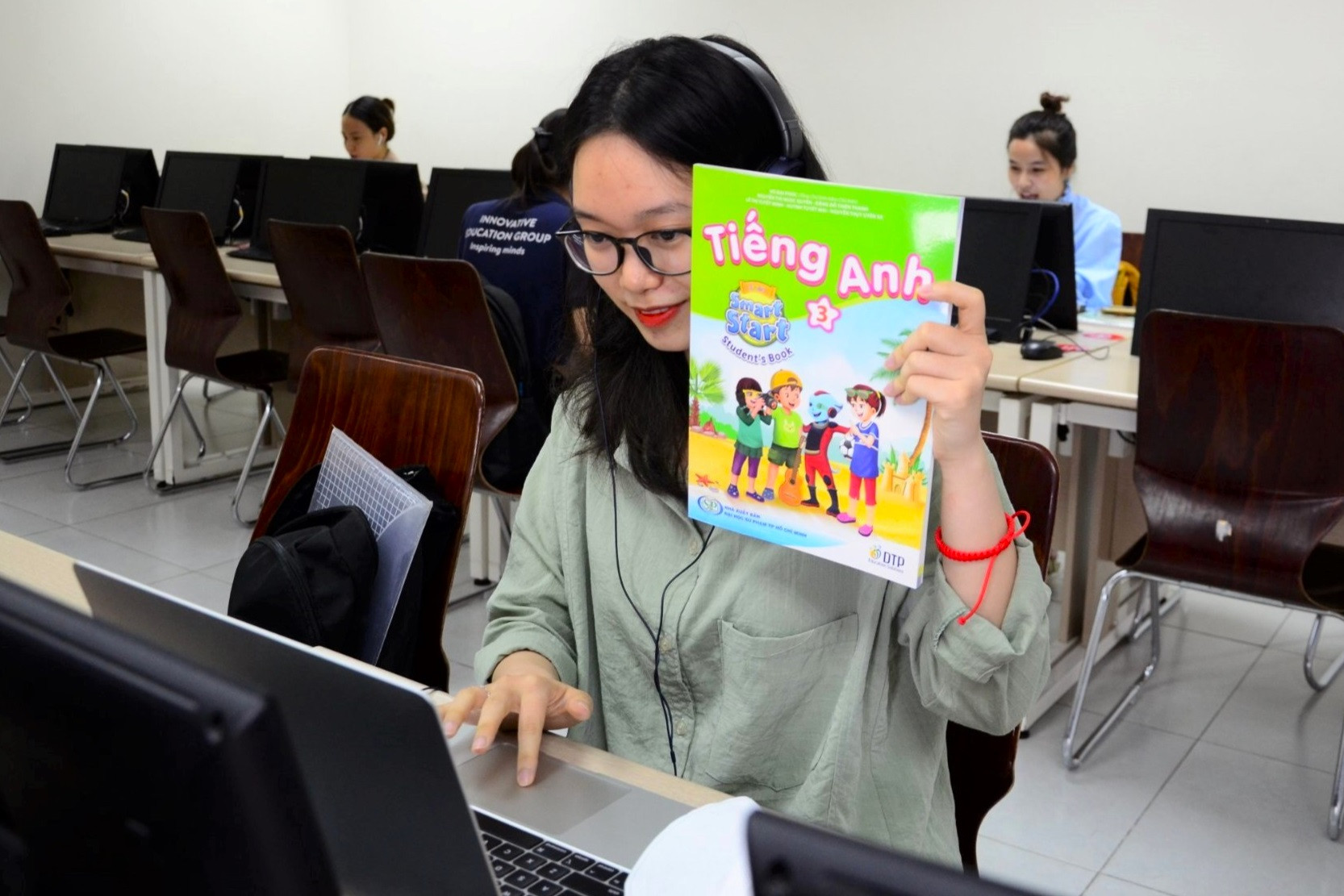
Many Pedagogy students graduate but few apply for teaching positions
Source: https://vietnamnet.vn/dat-hang-dao-tao-giao-vien-dia-phuong-dat-nho-giot-tham-chi-no-tien-truong-2311103.html


![[Photo] General Secretary To Lam receives Japanese Ambassador to Vietnam Ito Naoki](https://vstatic.vietnam.vn/vietnam/resource/IMAGE/2025/4/3/3a5d233bc09d4928ac9bfed97674be98)
![[Photo] Special relics at the Vietnam Military History Museum associated with the heroic April 30th](https://vstatic.vietnam.vn/vietnam/resource/IMAGE/2025/4/3/a49d65b17b804e398de42bc2caba8368)
![[Photo] A brief moment of rest for the rescue force of the Vietnam People's Army](https://vstatic.vietnam.vn/vietnam/resource/IMAGE/2025/4/3/a2c91fa05dc04293a4b64cfd27ed4dbe)
![[Photo] Prime Minister Pham Minh Chinh chairs meeting after US announces reciprocal tariffs](https://vstatic.vietnam.vn/vietnam/resource/IMAGE/2025/4/3/ee90a2786c0a45d7868de039cef4a712)

![[Photo] Moment of love: Myanmar people are moved to thank Vietnamese soldiers](https://vstatic.vietnam.vn/vietnam/resource/IMAGE/2025/4/3/9b2e07196eb14aa5aacb1bc9e067ae6f)
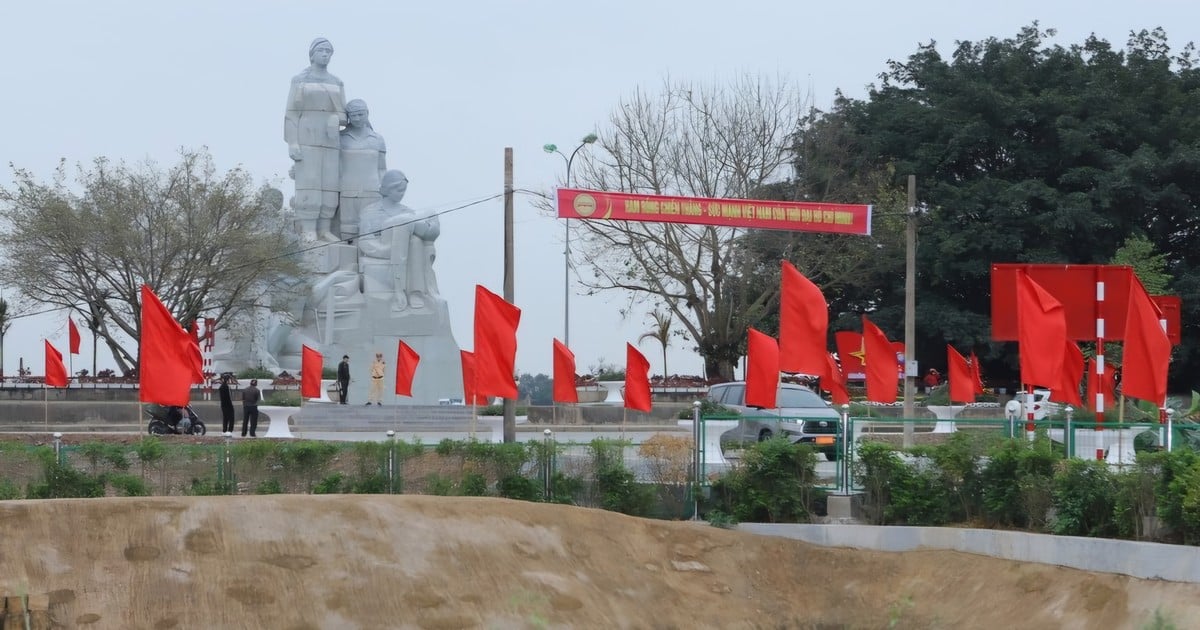

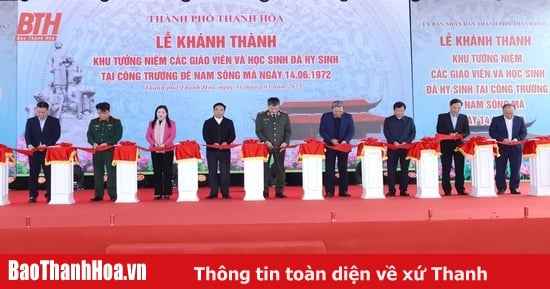

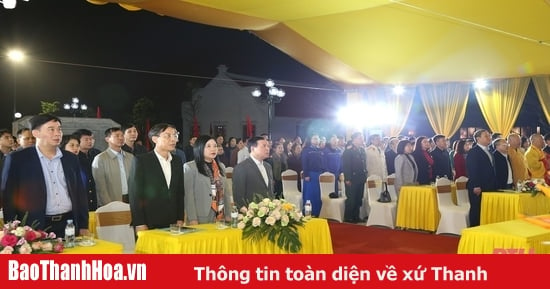
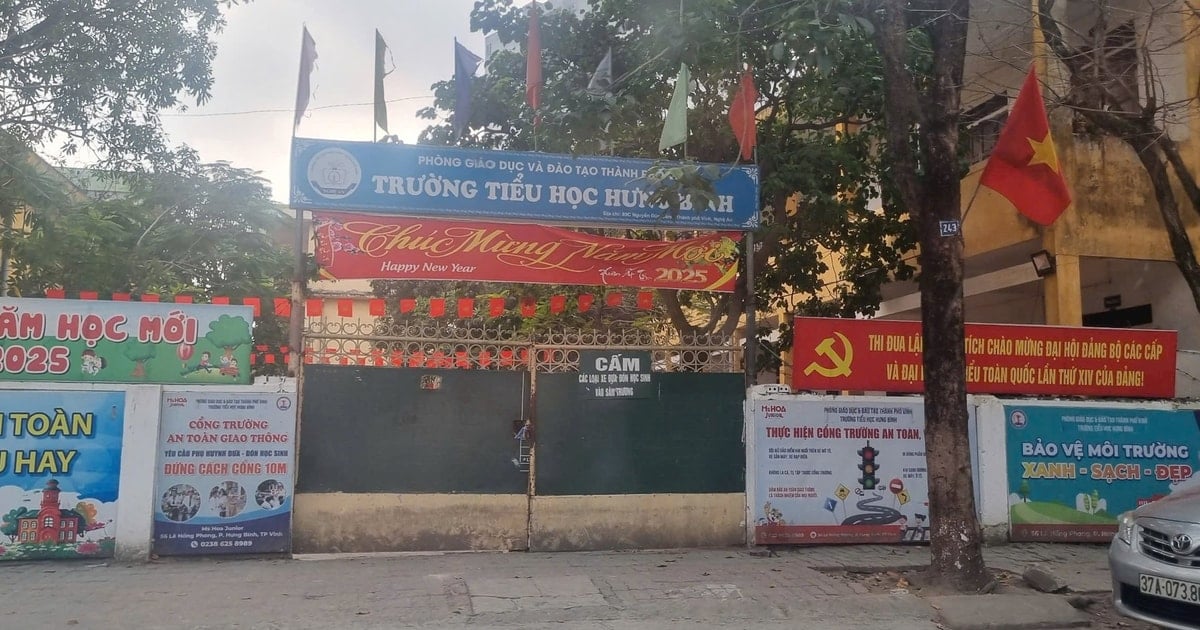

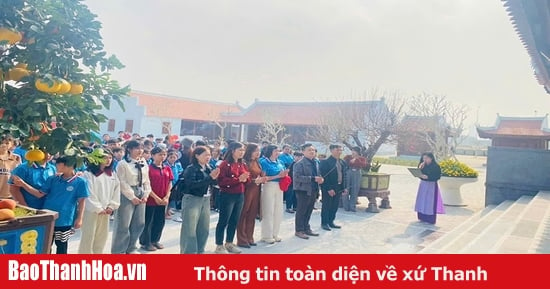


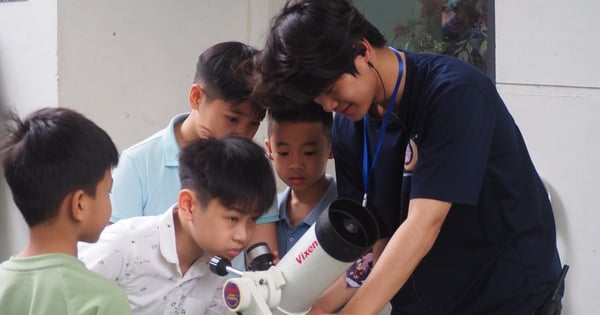
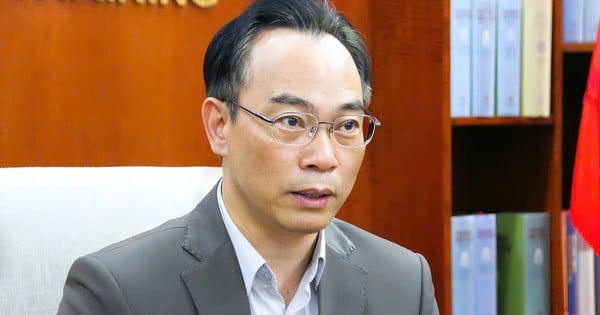
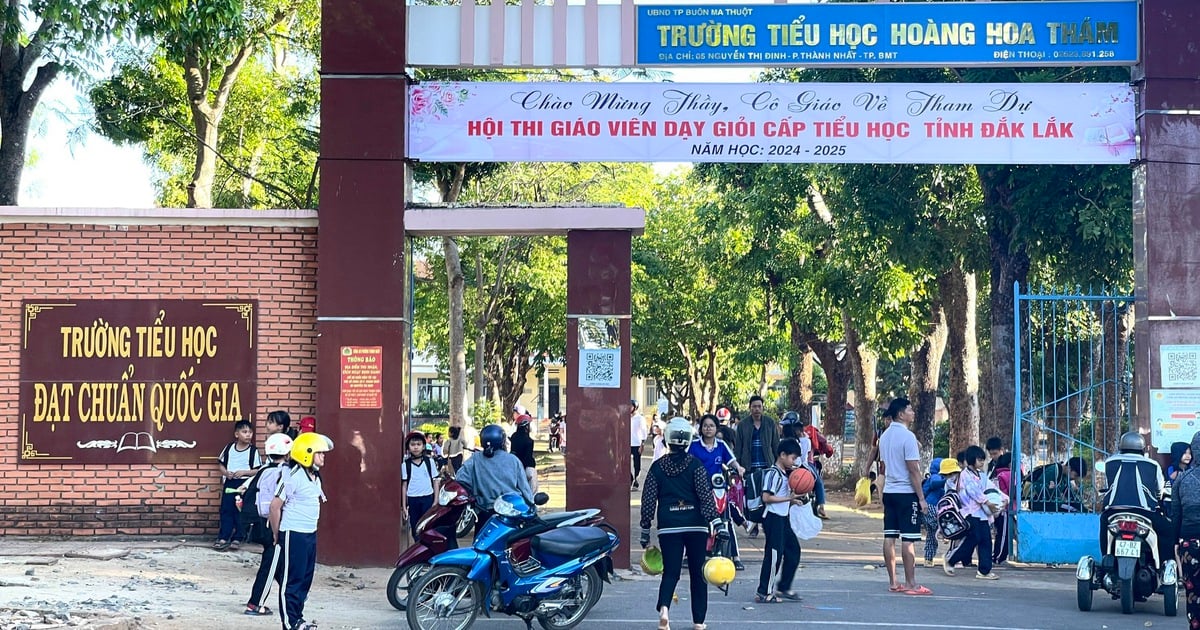

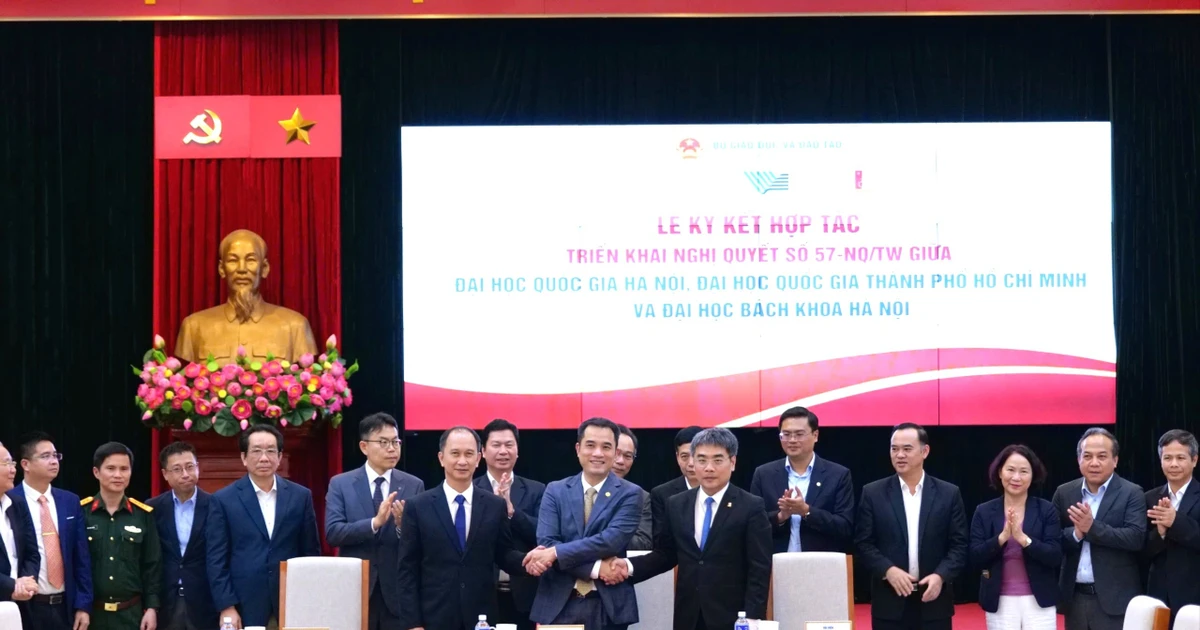
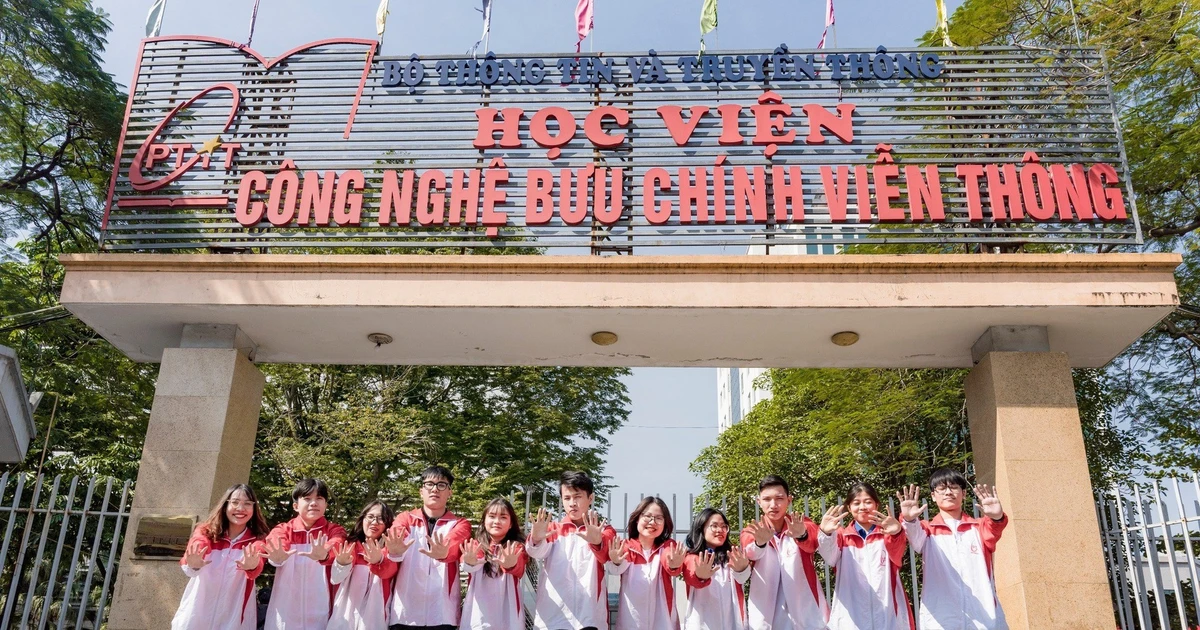







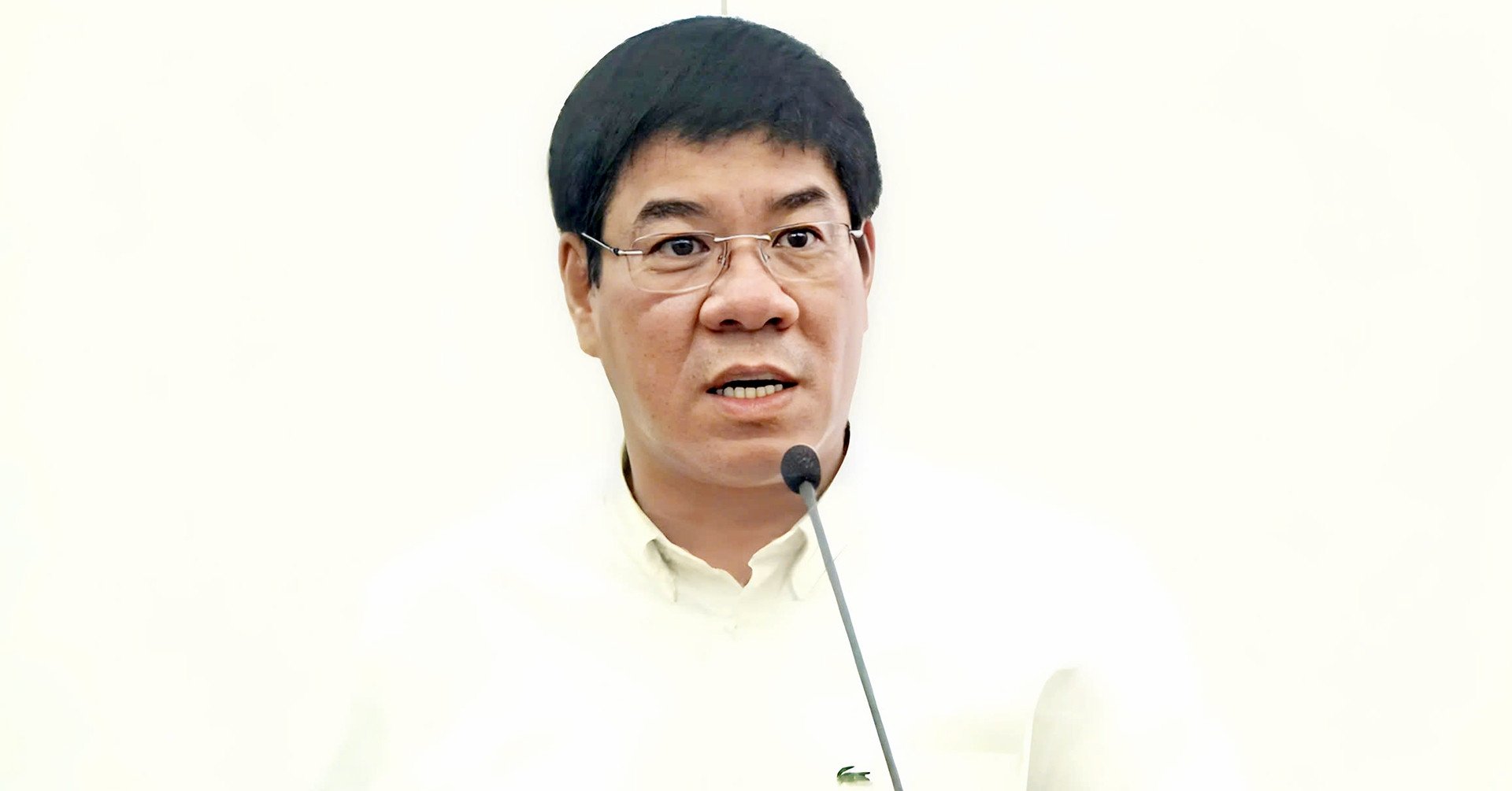
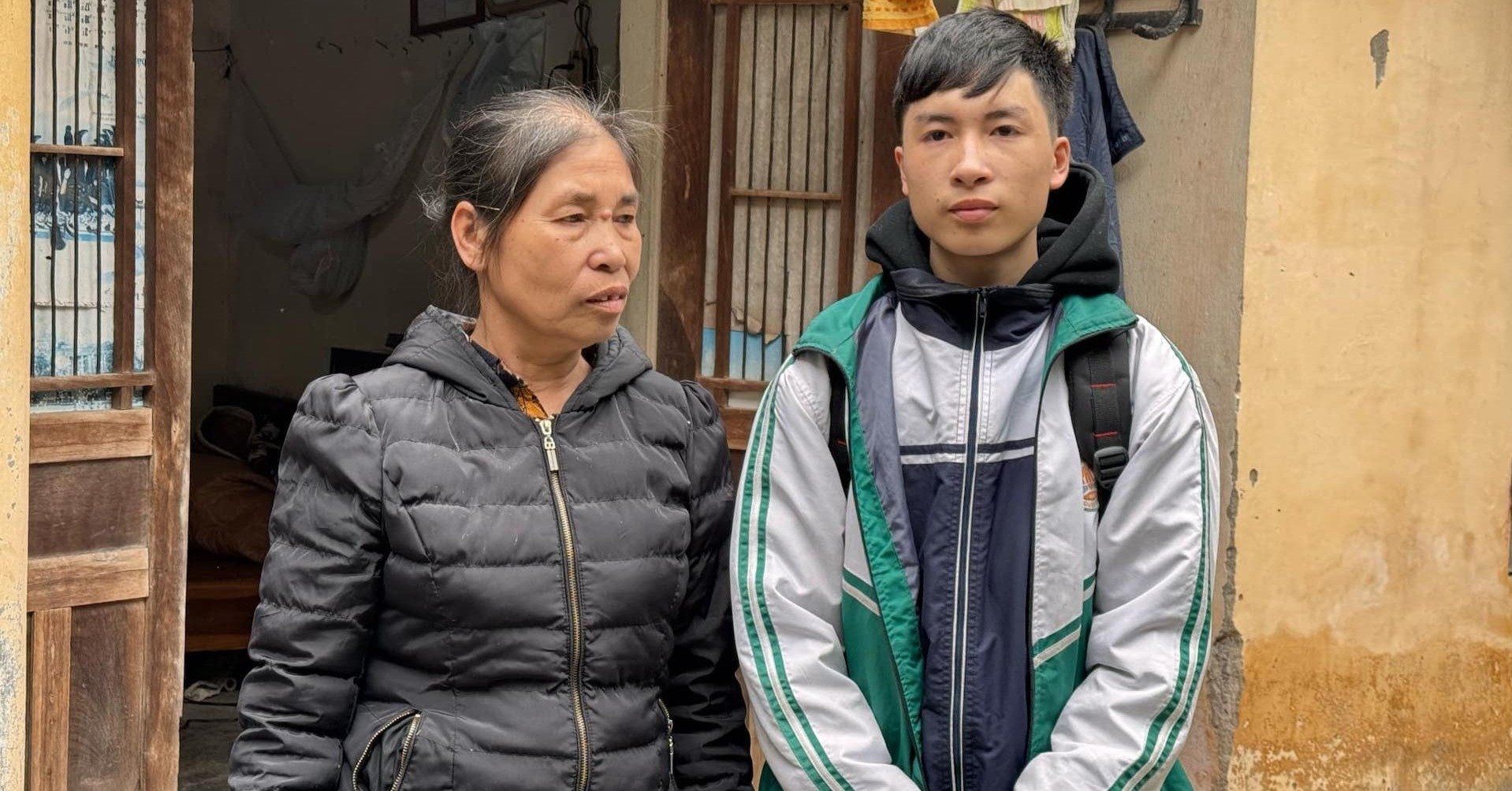









































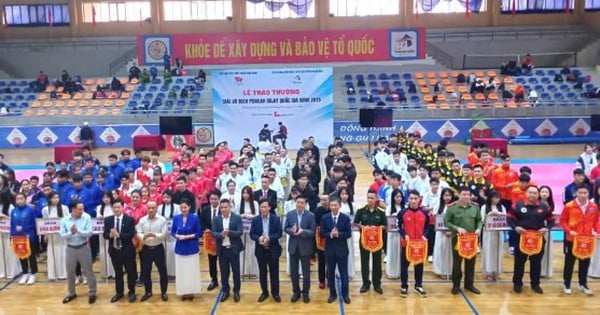
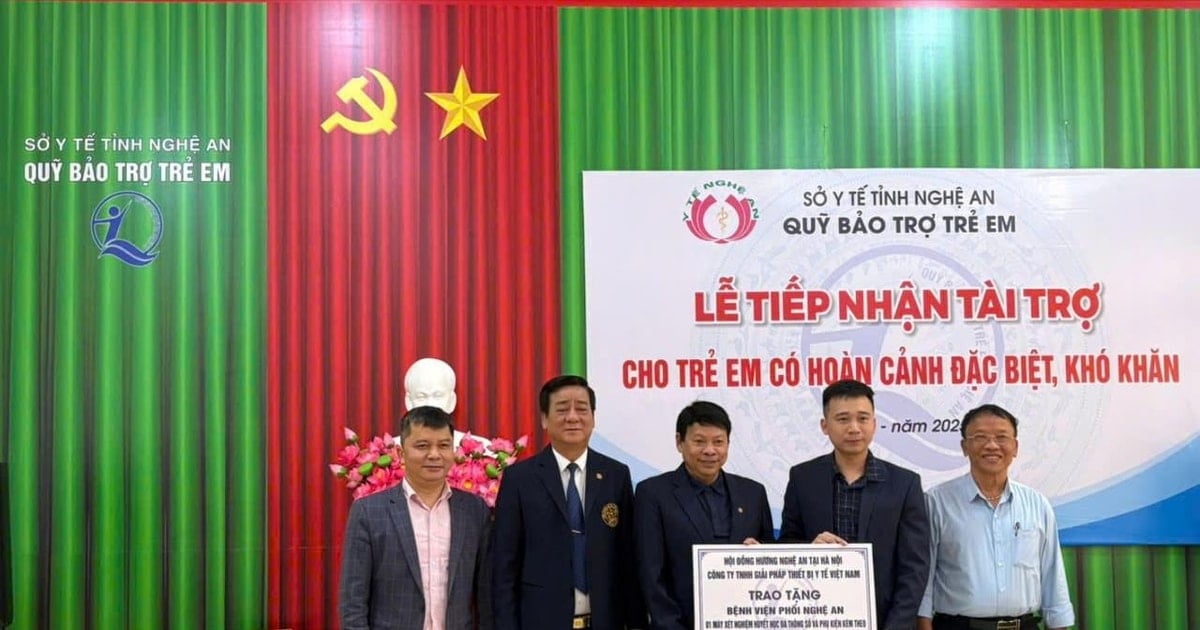







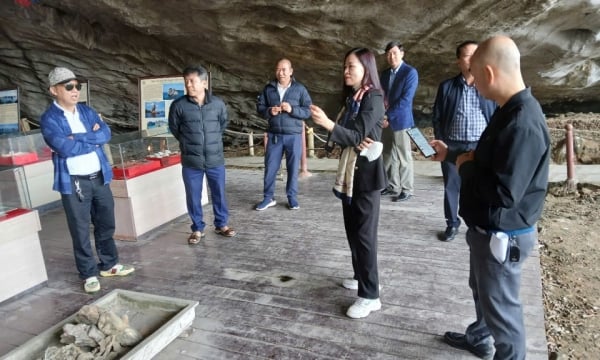














Comment (0)